But seriously, no. Covid has caused global panic, broken families, and completely changed the way we live our lives. It seems almost nothing good has come from this, but maybe, just maybe,
there is a silver lining in that it has helped the planet and the environment recover. 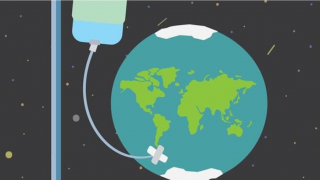
My parents have reminded me several times about how lucky I am to be able to travel during these times. 7 countries, 11 cities, and 14 flights over the last year is more than the next 30 people in my family combined. It’s ironically the most I’ve ever traveled in one year, at a time where the majority of the population hasn’t even been able to leave their city.
Even though I personally can‘t say I’ve contributed to helping the environment with the amount
I’ve traveled this year, with travel restrictions and lockdowns, it seems almost too obvious that the planet and the environment have benefited from the pandemic. But as the world starts opening up again, experts believe the rebound of pollution, carbon emissions, and climate change could be far worse and pre–covid times. So, were the few months that planes and cars went quiet enough to say that covid has been good for the planet? Or does the future hold an even worse outcome than pre–covid?
The Great Recession…Again?
No one knows what exactly will happen after covid in terms of the environmental impact, but
we can look at a similar case from a decade ago to get an idea.
The 2007–2009 financial crisis, or the great recession, was a time period where global markets
and economies crashed, fueled by high-interest rates, deflation, and economic shocks.
The United States alone saw a GDP decline of 30% and a 47% fall in industrial production. All this,
however, did cause CO2 emissions and pollution levels to drop. 2009 saw a 500–million–ton
reduction of CO2 emissions as compared to the previous year. For those 1–2 years, you could say that the financial crisis was good for the environment. But just as experts are predicting now, the future years saw a spike in emissions as countries started to recover.
Post–Covid
“We still have the same cars, same roads, same industries, same houses” – Corrine Le Quere,
professor of climate change at UEAB. When restrictions ease, were going to go right back where we were. And the initial phases where everyone is trying to get back what they missed out on will probably be the worst. Millions of people who haven’t been able to travel in years will be booking flights all over the world.
In April 2020, with dozens of international borders closed and countries completely shut down,
daily carbon emission decreased by 17% as compared to the previous year. Some countries even say a 30% reduction in CO2 emissions. As industries and companies shut down, levels of greenhouse gases reduced significantly as well. CO and NO2 levels dropped by nearly 50% in
China as of March 2020, and a 36% drop in coal production. 450,000 fewer barrels of oil were consumed worldwide, 2020, as compared to the first 3 months of 2019.
Plastic Waste and (No)Recycling
Another thing that must be looked at is the amount of waste created by this situation. From one–use masks and gloves to billions of bottles of sanitizers, the pandemic has produced a huge amount of plastic waste. One estimate from ScienceDirect says that the average number of face masks discarded every day is 3.4 billion. That’s 2.5 trillion face masks used since covid was declared a pandemic. In 2019, 400 metric tons of plastic were produced. It took only 5 months after covid began to reach that same value in 2020. And since, for health reasons, recycling plastics was also not possible during these last 2 years, all this waste is building up in landfills and oceans. There’s also been an increase of hazardous and toxic waste from the medicine and
vaccination production, which is difficult, expensive, and can be dangerous to dispose of safely.
Closed borders also mean over–visited tourist attractions have had time to rest and restore their natural ecological system.
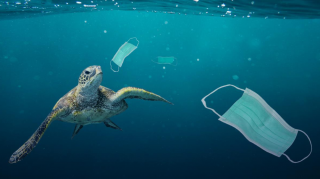
So…?
In conclusion, we could say that thanks to the travel restrictions and lockdowns keeping the
population confined, pollution from transportation has definitely reduced, but the demand for
one–time plastics which end up in our ocean’s counters that. Now, it depends on how we
handle the future, and hopefully, we’ve learned enough from the past to prevent another surge in
negative environmental impacts.


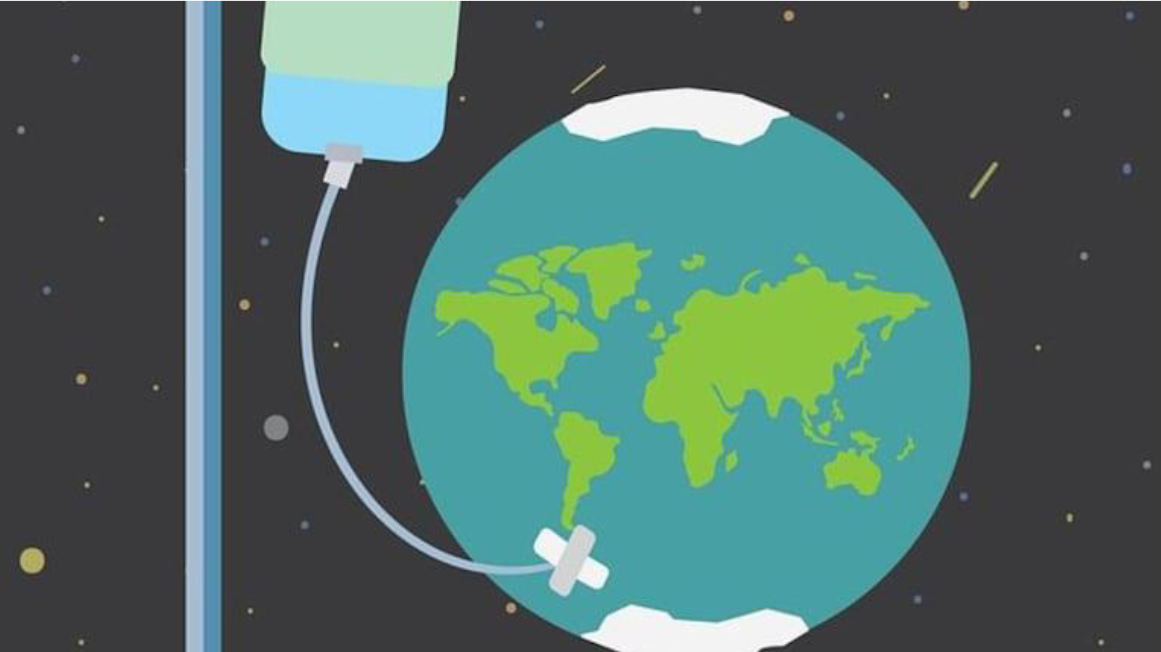
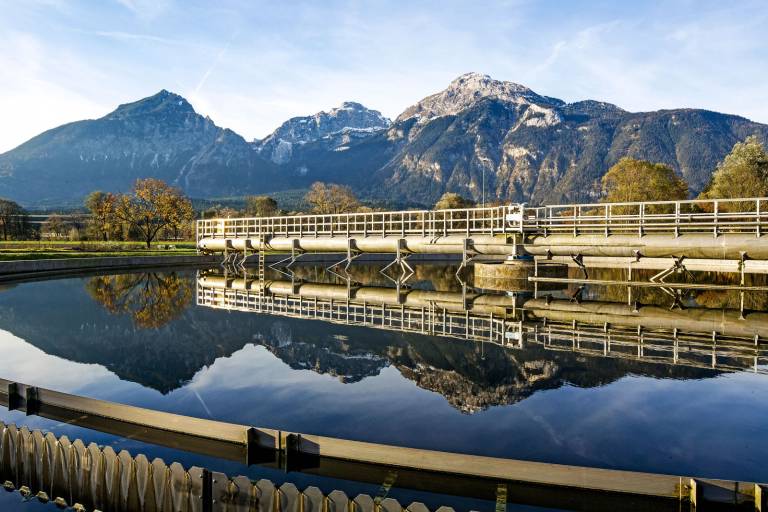
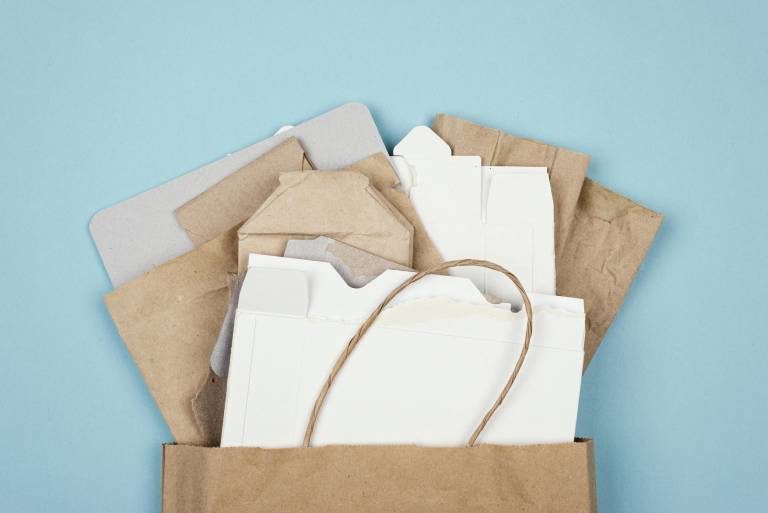

Comments